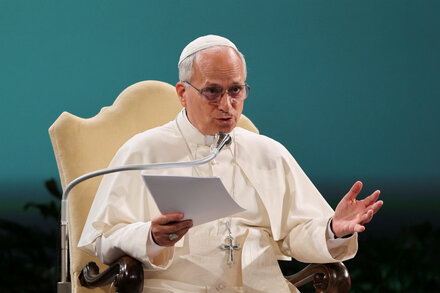Jerome A. Cohen, a towering figure in the field of Chinese law and a pivotal voice in U.S.-China relations, has died at the age of 95. Cohen, whose career spanned more than half a century, was instrumental in shaping the Western understanding of China’s legal system and advocating for the rule of law within the Communist nation.
A scholar with an extraordinary foresight, Cohen began focusing on China’s legal landscape long before it became a global economic powerhouse. He recognized the country’s immense importance and dedicated his life to bridging the legal and cultural divide between China and the West. His work began in an era when direct engagement with China was rare, and he continued to be a leading expert through periods of opening, reform, and diplomatic tension.
Throughout his distinguished career, Cohen held prominent positions at leading academic institutions, including Harvard Law School, where he founded the East Asian Legal Studies program, and later at New York University School of Law, where he served as a professor and co-director of the U.S.-Asia Law Institute. He authored numerous foundational texts on Chinese law, providing generations of scholars, lawyers, and policymakers with critical insights into a complex and often opaque system.
Cohen was not merely an academic; he was a steadfast advocate for human rights and legal reform in China. He famously advised and supported Chinese dissidents and lawyers, often traveling to China to engage with legal professionals and government officials. Even during challenging periods, his commitment to fostering dialogue and promoting legal principles remained unwavering.
Cohen once stated, “I’ve always been an optimist about the long-term prospects for the rule of law in China, but it is a very long term.” This sentiment encapsulated his pragmatic yet hopeful approach to China’s legal development, acknowledging both the progress and the profound challenges.
His influence extended far beyond the classroom and legal journals. Cohen advised U.S. administrations on China policy and mentored countless students who went on to become leading experts in their own right, leaving an indelible mark on the field of international law and Asian studies. His legacy is one of persistent intellectual curiosity, deep scholarly rigor, and an unyielding belief in the potential for a more just legal system in China.
Source: Read the original article here.





